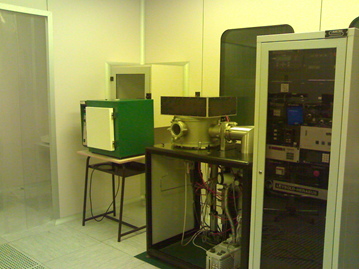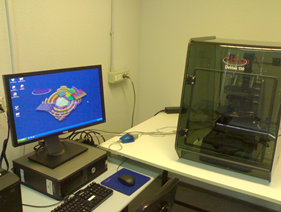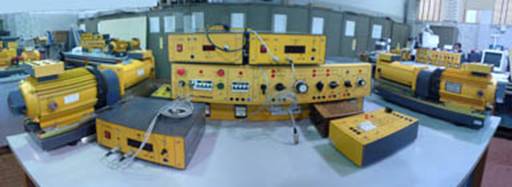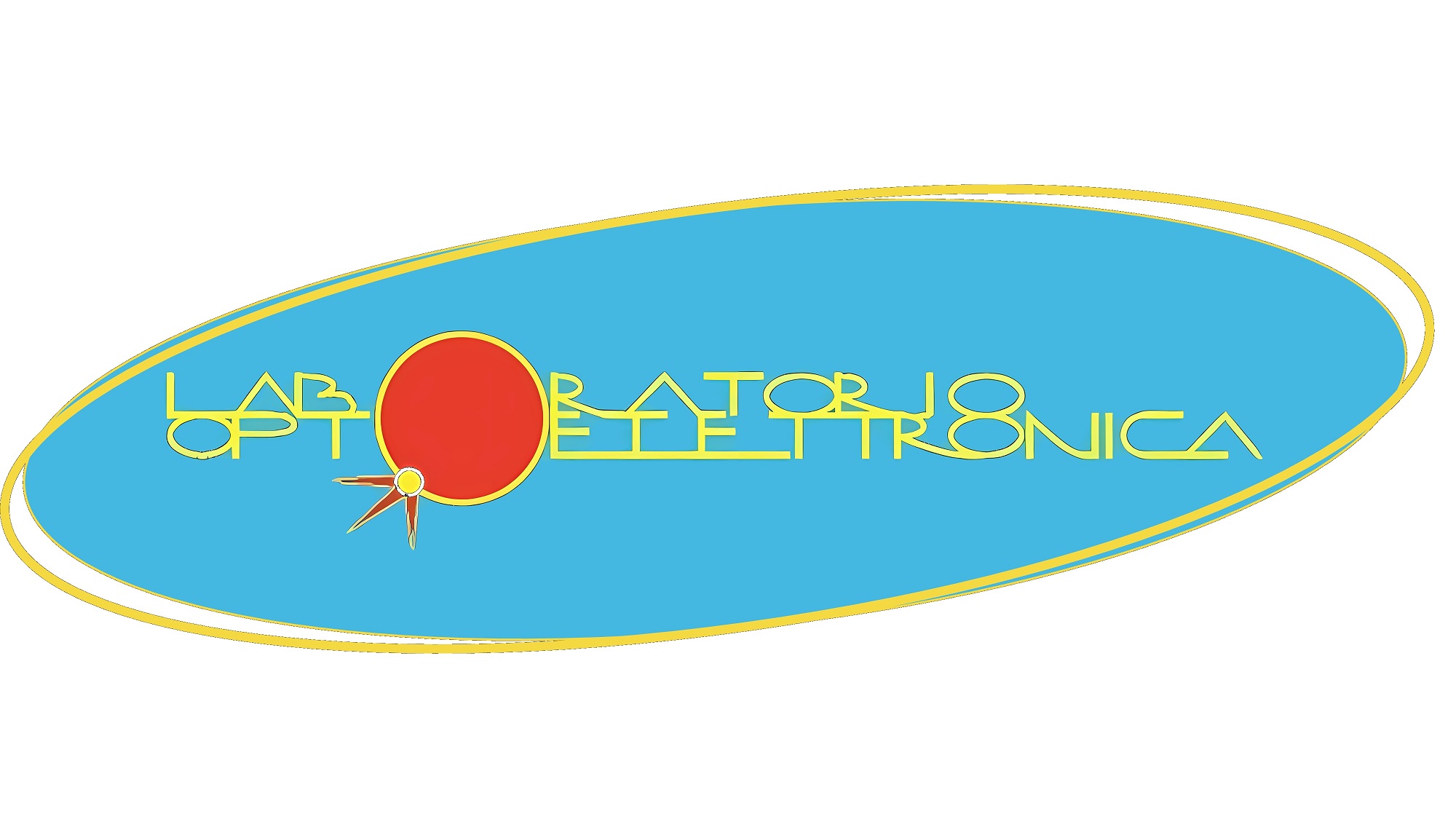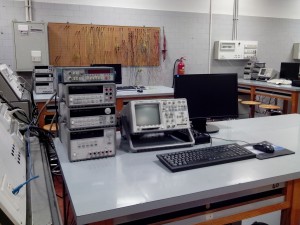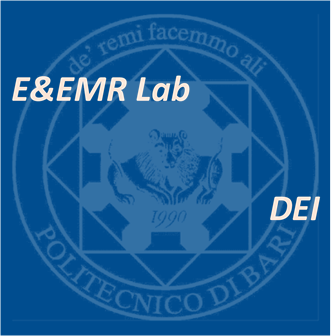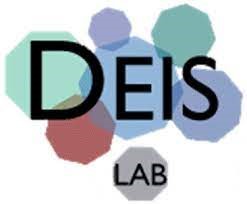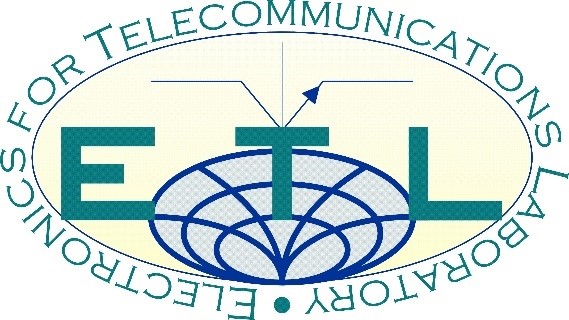Design and characterization of plasmonic nanostructures for applications in sensors, photovoltaics, near field enhancement.
Design and characterization of nanoantennas for optical wireless network on.chip.
Electrical, electronic, communication, optical and systems engineering
- Design and characterization of plasmonic nanostructures for applications in sensors, photovoltaics, near field enhancement.
- Design and characterization of nanoantennas for optical wireless network on.chip.
- Design and cha
• ELECTRICAL DRIVES FOR ROBOTICS AND INDUSTRIAL AUTOMATION
- Evolutionary Algorithms for identification and control
- Control techniques for mobile robots and industrial manipulators
The Optoelectronics Laboratory exhibits expertise in the modeling, design, simulation, fabrication, and c
- Smart instruments for measurements on components and systems
- Model identification, parameters estimation and characterization of electrical machines, equipment, apparatus and electrical drives
- Development and characteriz
The scientific activity concerns the following 2 main topics of the Electrical Engineering:
The Electrical and Electronic Measurement Lab activities are, among others, mainly focused on two institutional objectives: didactics for bachelor/master of science/doctoral degree and applied as well as theoretical research in the areas of: A/D c
In the Signal Processing Laboratory, the main expertise are in Remote Sensing (design of Earth Observation satellite systems as Synthetic Aperture Radar, Doppler Altimeter and Multispectral sensors), in machine learning (supervised/unsupervised cl
The Design of Electronic Integrated Systems Laboratory (DEISLab) (http://193.204.50.76/DEIS/index.html) is a scientific laboratory born in 2003 and actively involved in the design and development of integrated circuits and systems, smart sensors ,
Electronics for Telecommunications Lab (ETL) focuses on studying, designing and deploying innovative electronic systems for telecommunications, operating at high frequencies.
DEI : Department of Electrical and Information Engineering
DARCOD : Department of Architecture, Construction and Design
DICATECH : Department of Civil, Environmental, Land, Building Engineering and Chemistry
DIF : Department of Physics "Michelangelo Merlin"
DMMM : Department of Mechanics, Mathematics and Management
DARCOD : Department of Architecture, Construction and Design
DICATECH : Department of Civil, Environmental, Land, Building Engineering and Chemistry
DIF : Department of Physics "Michelangelo Merlin"
DMMM : Department of Mechanics, Mathematics and Management
